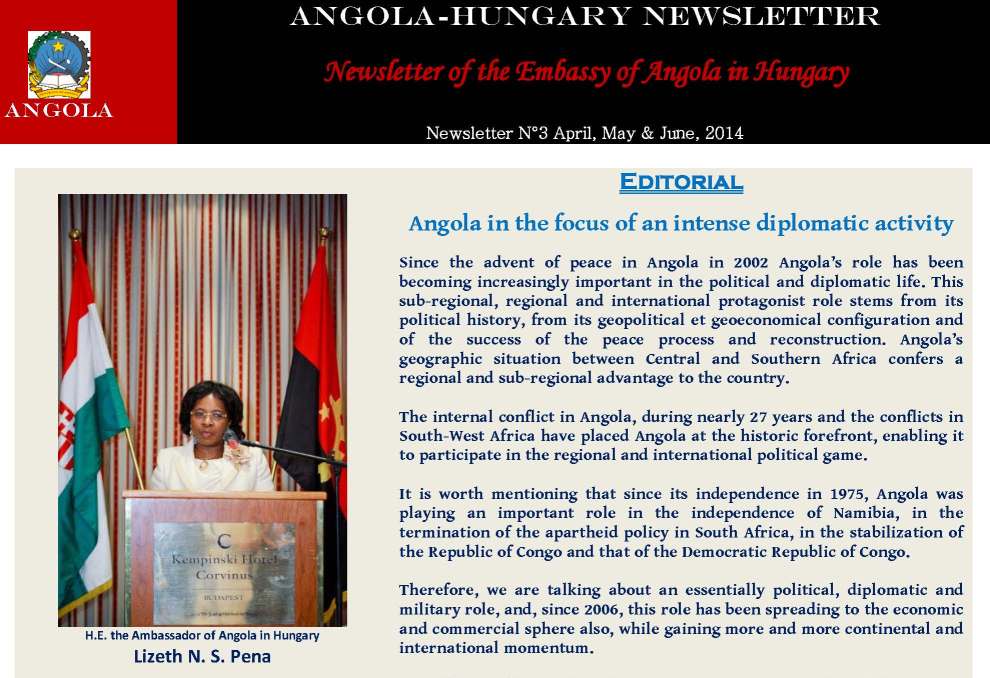History
The Portuguese, under the command of Diogo Cao in the reign of King John II, arrive at the mouth of the River Zaire in 1482. It's from here that will begin the conquest of this region by the Portuguese in Africa, including Angola. The first step was to establish an alliance with the Kingdom of Kongo, which dominated the entire region. In the Southern part of this kingdom were other kingdoms: the Kingdom of Ndongo and Matamba, which united together to give the kingdom of Ngola (c. 1559); the Kingdom of Huambo; the Kingdom of Bailundo; the Kingdom of Viye; the Kingdom of Nlunda; the Kingdom of Kwanyama, the Kingdom of Herero, among others.
Exploring the rivalities and conflicts between these realms, in the second half of the sixteenth century, the Portuguese settled in the region of Angola. The first governor of Angola, Paulo Dias de Novais, aims to mark off this vast territory and exploit its natural resources, especially slaves. The penetration to the interior of the country is very limited. In 1576 he founded São Paulo da Assunção de Luanda, the current city of Luanda. Angola quickly becomes the main wholesale market of slaves to the plantations of sugar cane in Brazil.
The overthrow of the dictatorship in Portugal (April 25th 1974) opened up prospects for the immediate independence of Angola. The new revolutionary Portuguese government started negotiations with the three major liberation movements (MPLA - Popular Movement for the Liberation of Angola, FNLA - National Liberation Front of Angola and UNITA - National Union for the Total Independence of Angola), on the transition period and the implementation process of a democratic regime in Angola (Alvor Accords, January 1975).
In November 11th, 1975 the independence of Angola is proclaimed.
April 4th, 2002 – the Day of Peace and National Reconciliation - is one of the greatest achievements of the Angolan people, after the National Independence on November 11th 1975, marking a turning point in the political process and the development of Angola.
